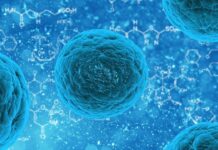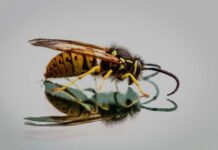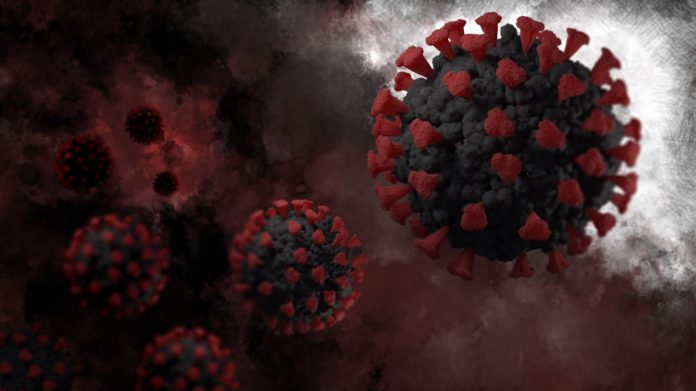AbCellera Biologics is a Vancouver-based biotech firm that analyzes immune systems in search of antibodies that can be used to fight diseases. Their drug discovery platform, a mix of AI, genomics, microfluidics, and immunology, is capable of identifying new first-in-class drugs and reducing the wait time for treatments to reach the clinic.
Antibodies are a key part of the immune system’s response. They work by binding to foreign substances, like viruses or other pathogens, which can directly neutralize them or activate other players in the immune response.
In light of the pandemic, the company has pivoted its efforts and is now searching for naturally produced antibodies that could help in the fight. With the right antibodies, the group may be able to develop a drug that could help the most vulnerable populations until a vaccine is developed. These patients could receive quicker protection from the virus by not having to rely on their own bodies to produce the right antibodies.
AbCellera’s pioneering work has caught the attention of the Canadian government, who awarded AbCellera Biologics $175 million to support their efforts.
“This funding is instrumental in accelerating and expanding AbCellera’s capabilities to combat COVID-19,” commented Federal Innovation Minister Navdeep Bains to Reuters.
Shortlist of high-potential antibodies discovered in days
AbCellera has proven their ability to move quickly. Using their platform, the company analyzed a blood sample of an American patient who had recovered from the virus to identify antibodies that may hold virus-combatting potential. In a matter of only a few days, they were able to isolate 500 candidates for their shortlist.
“There are billions of different unique antibodies in any one given individual,” said Ester Falconer, Head of R&D at AbCellera, to the CBC. “So what our platform is really good at is being able to sort through those billions of differences to find exactly the antibodies we need.”
“They have beaten it, the immune system has done its job and has cleared the virus, so in there they have the special sauce, essentially, to be able to clear that strain of virus. So that’s where we want to look to find the therapeutics,” she adds.
Twenty-four of the 500 were classified as showing a high amount of promise, and according to CEO Carl Hansen, this has been further refined to a single antibody that is currently being manufactured into a new drug. Novel therapeutic antibody programs typically take years before they’re clinically available, but AbCellera believes they can begin testing on patients as early as July.
Vulnerable patients are the prime candidates for the treatment because mass production on a scale comparable to vaccines isn’t readily viable with antibody therapeutics. A huge number of antibodies have to be developed for a single treatment, so with the limited amount that can be created in time, those most in need come first.
A similar experimental treatment being conducted in multiple countries involves convalescent plasma, which is the blood plasma of people who have recovered from the virus. Researchers are hoping that this antibody-rich fluid will offer a boost to patients currently struggling with the virus and mitigate symptoms in moderate cases.
A single donation can produce 2-4 units ready for transfusion, but it remains to be seen whether this treatment will be effective against COVID-19. The Canadian Blood Services is in need of donors for a clinical trial, and you can find out more info here.
DARPA Pandemic Prevention Platform
Since 2018, AbCellera has been fine-tuning their technology to make it responsive to emerging pandemics through their participation in the Defense Advanced Research Projects Agency (DARPA) Pandemic Prevention Platform (P3).
The aim of the project was to make their platform capable of developing antibody drugs ready for use in under 60 days following the isolation of an emerging pathogen.
The system has been put to the test before. When Middle-Eastern Respiratory Syndrome emerged in 2018, AbCellera was able to isolate “hundreds of coronavirus-neutralizing antibodies from camelids in less than 96 hours.”
“The unprecedented throughput and speed of AbCellera’s screening technology makes it particularly well-suited to pandemic situations like the [COVID-19] outbreak, where deploying a therapeutic quickly is an important factor to help control transmission,” said Falconer to the Financial Post.
“Since starting the P3 project, we have been preparing for exactly this scenario and we are ready to tackle this threat.”





































